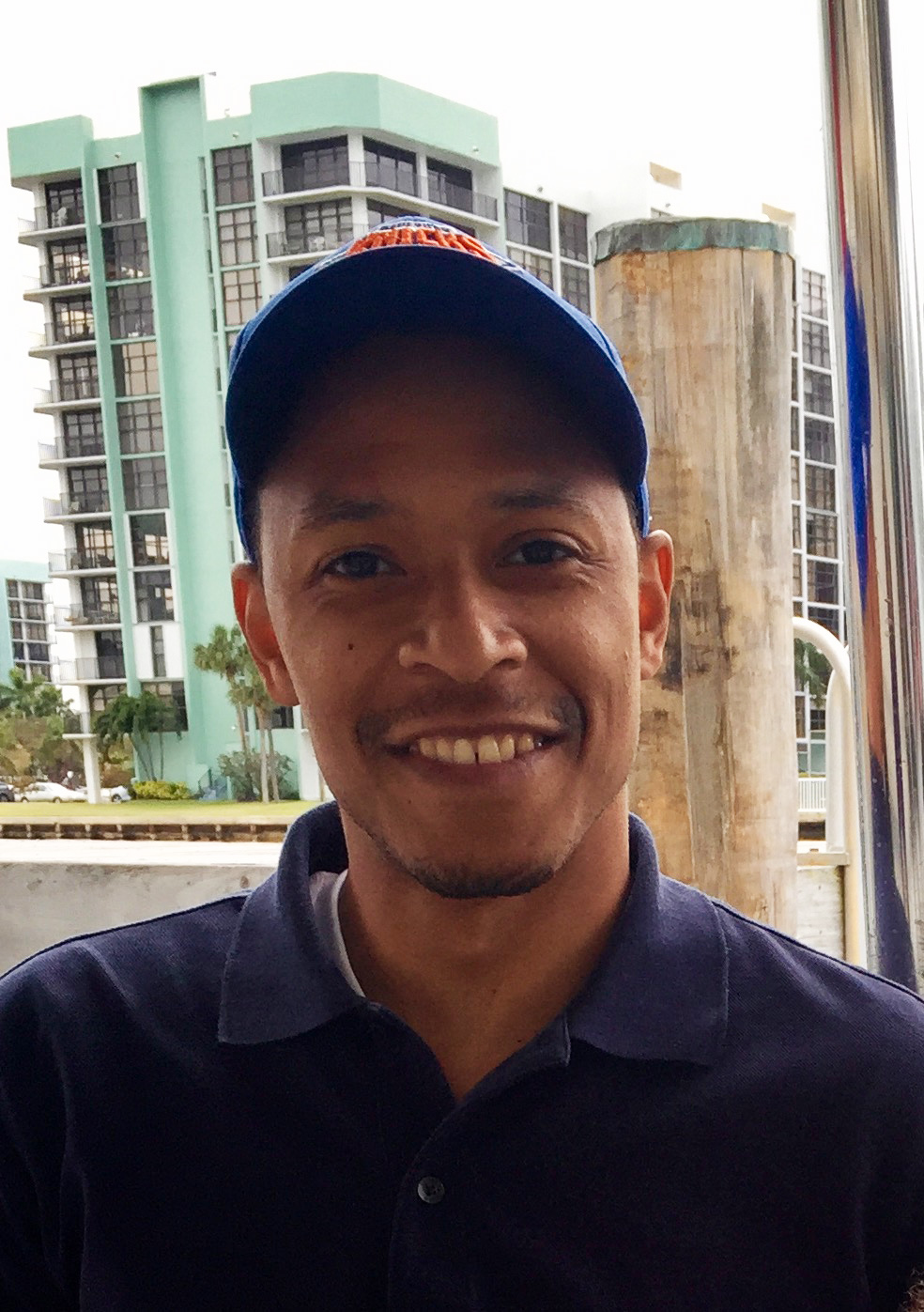 Yahonnes Cleary, a Bronx native and attorney at Paul, Weiss, Rifkind, Wharton & Garrison LLP, recently fielded some questions from Executive Director and Co-Founder Farrell Evans.
Yahonnes Cleary, a Bronx native and attorney at Paul, Weiss, Rifkind, Wharton & Garrison LLP, recently fielded some questions from Executive Director and Co-Founder Farrell Evans.
FE: As a birthday gift, your wife gave you a package of lessons at The Bridge Golf Learning Center. Why was it important for you to start playing golf?
YC: I played high school sports, and since then I have always tried to stay active. I injured my leg playing basketball last year, and that led me to start thinking about other sports I could play longer term. Golf seemed like a good option. I also had a mentor years ago who was a serious golfer, and he was the first person to take me to a driving range. So it was always something that I wanted to learn when I had the chance.
FE: Your lessons have been with Brian Hwang. What has the experience been like so far?
YC: Brian is an excellent teacher. He does a great job of breaking everything down into simple steps and figuring out ways to explain and demonstrate different skills. He also strikes a good balance between letting you know when you’re doing well and improving while also emphasizing that learning to play well takes a lot of time and practice.
FE: Before going to Yale Law School and starting a career as an attorney, you worked at the Ford Foundation and at the New Jersey Institute for Social Justice, where you dealt with some of the critical issues surrounding structural inequality that adversely impact the young men that we serve at The Bridge Golf Foundation. What experiences led you to undertake this work in social justice?
YC: Growing up in the Bronx, I went to public schools until the 8th grade. Then, through a program called Prep for Prep, I got accepted to Choate Rosemary Hall, a private boarding school in Connecticut. That experience — going from public schools (and housing) in the South Bronx to an elite private high school in suburban Connecticut — gave me firsthand exposure to structural inequality and the many ways that the experiences and opportunities that we have at a young age can shape our lives.
FE: What was the critical event in your early life growing up in a large family in the Bronx that put you on the course to Choate, Columbia, Oxford and Yale?
YC: My parents always stressed the importance of education and doing well in school. Growing up in a large family, I also had a lot of people who made sure I stayed on the right path and worked hard to reach my full potential. Prep for Prep, the academic enrichment program that helped me get into Choate, was also important in making sure I was fully prepared to make a successful transition to a more competitive academic environment and always striving for excellence in my academic and professional life.
FE: How important have mentors been to your personal and professional development?
YC: Very important. At every stage of my life, I’ve relied on many people for guidance, advice, and support for making big decisions, navigating new environments, and deciding on a career path.
FE: What’s the last book you read?
YC: With a busy job and two young children, I don’t have as much time to read as I used to, but one of my favorite books is Invisible Man by Ralph Ellison.
FE: What’s the best advice you have for the young men in our program?
YC: Work hard and stay close to your family and other people who love you and want you to succeed.
FE: You’re a New York sports fan. What happens first: You become a scratch golfer, or the Knicks win the NBA championship?
YC: That’s a tough one, but realistically, I don’t see either one happening very soon. We both need time to build.